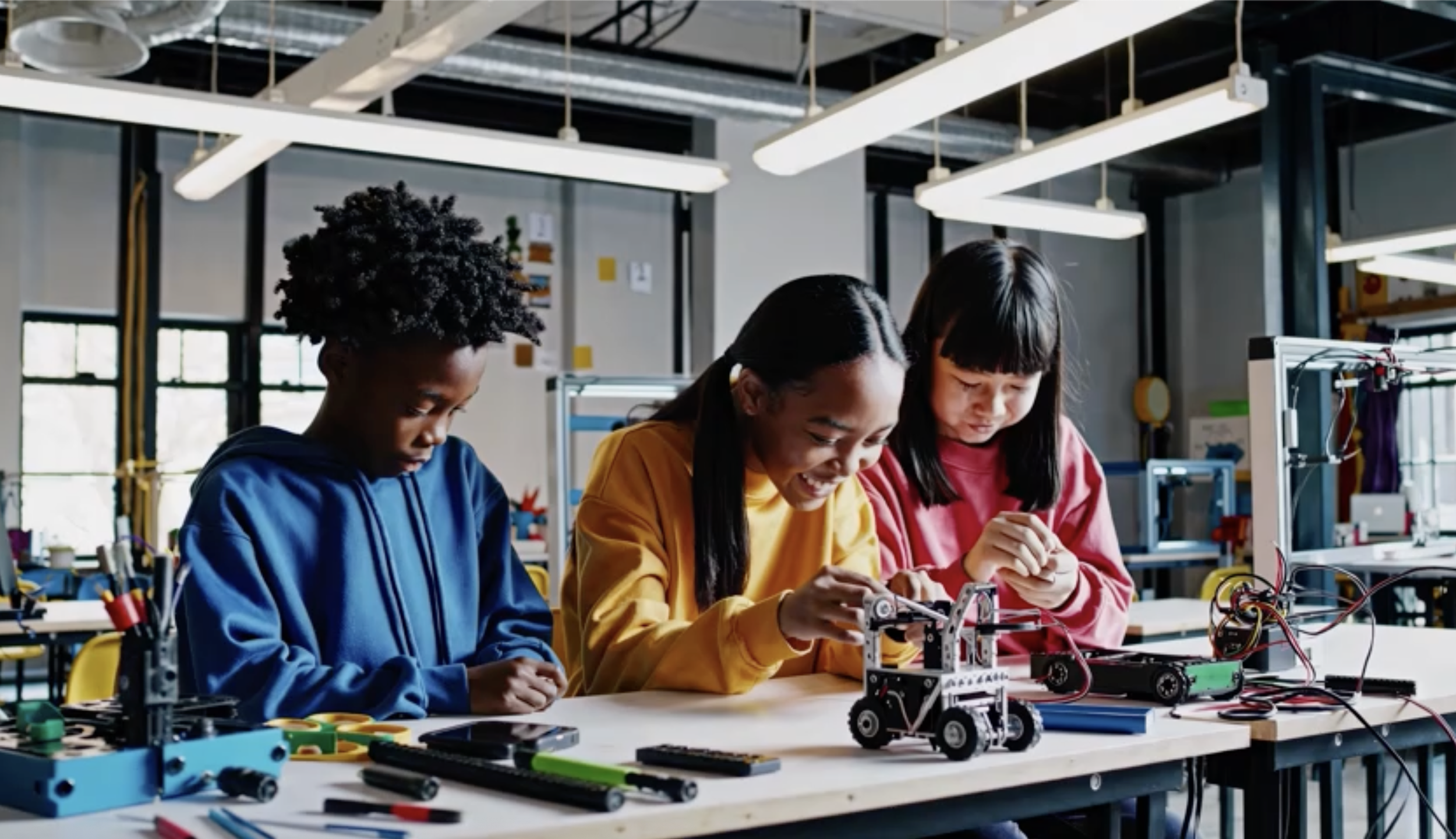Learning to Innovate
Humanity's technological achievements are extraordinary, from the invention of basic tools to the creation of self-driving cars and smart devices. Evidently, our species thrives on innovation, but how do individuals learn to innovate?
Technological advancements rely on our ability to build on previous generations' cumulative knowledge. Central to this process is innovation--solving problems by creating new tools or finding novel uses for existing tools. Despite our remarkable technological accomplishment young children are strikingly unsuccessful at solving tool innovation problems. A decade of research has shown that most children, across diverse populations, struggle to solve simple tool innovation challenges. This is particularly puzzling given that all human societies create and use tools, and our capacity for tool innovation has shaped our evolutionary trajectory.
This international research project, led by Dr. Cristine Legare (UT Austin) in collaboration with Dr. Bruce Rawlings (Durham University), utilizes cultural evolutionary theory to investigate the cognitive processes and educational experiences that support the development of tool innovation. Data will be collected in eight cities across five continents—including sites in the UK, US, Ecuador, Brazil, South Korea, Hong Kong, Namibia, and Ghana. These urban populations reflect diverse cultural, socioeconomic, and educational contexts, allowing us to explore how different environments support the development of innovation skills. Through carefully designed behavioral experiments, the team will identify the factors that foster innovation and document the collaborative research process in an open-access manual. Ultimately, this work will not only contribute to the science of learning but also offer insights to support STEM education and creative problem-solving in a rapidly evolving world.
Project Leadership
Project PI (Durham University): Bruce Rawlings, Associate Professor, The Department of Psychology, Durham University, Durham, England
Project PI (UT Austin): Cristine Legare, Professor of Psychology and Director of the Center for Applied Cognitive Science, The University of Texas at Austin
Project Staff
Post Doctoral Research Associate (Durham University): Charlotte Wilks, The Department of Psychology, Durham University, Durham, England
Project Coordinator (Durham University): Sarah Wright, The Department of Psychology, Durham University, Durham, England
Research Assistant (Durham University): Rita Joaquim-de-Sepulveda, The Department of Psychology, Durham University, Durham, England
Project Manager (UT Austin): Mona Baniahmadi, Senior Research Associate, Center for Applied Cognitive Science, The University of Texas at Austin
Collaborators
-
Fieldsite PI: Poonam Dhaka, Associate Professor of Psychology, Department of Human Sciences, University of Namibia
-
Fieldsite PI:Luiz Guilherme Dácar da Silva Scorzafave, Associate Professor of Economics, Universidade de São Paulo, Treasurer of Avançar.
-
Fieldsite PI: Adote Anum, Senior Lecturer in Department of Psychology, University of Ghana
-
Fieldsite PI: Joonghwan Jeon, Professor, Humanitas College, Kyung Hee University
-
Fieldsite PIs:
Stephanie Chan, Assistant Professor, University of Hong Kong
Nirmala Rao, Professor, University of Hong Kong
-
Fieldsite PI: Ciara Wirth, Research Coordinator, Tiputini Biodiversity Station, Universidad San Francisco de Quito
-
Fieldsite PI: Bruce Rawlings, Associate Professor, The Department of Psychology, Durham University, Durham, England
Post Doctoral Research Associate: Charlotte Wilks, The Department of Psychology, Durham University, Durham, England
Project Coordinator: Sarah Wright, The Department of Psychology, Durham University, Durham, England
Research Assistant: Rita Sepúlveda, The Department of Psychology, Durham University, Durham, England
-
Fieldsite PI: Cristine Legare, Professor of Psychology and Director of the Center for Applied Cognitive Science, The University of Texas at Austin
Project Coordinator: Mona Baniahmadi, Senior Research Associate, Center for Applied Cognitive Science, The University of Texas at Austin
Program Coordinator: Zachary Taylor, Center for Applied Cognitive Science, The University of Texas at Austin
Funding:
“Learning to innovate: Development and diversity” has been funded by the UK Research & Innovation (UKRI) program. This award is jointly funded by the Economic and Social Research Council (ESRC) PI Bruce Rawlings and the National Science Foundation (NSF) PI Cristine Legare.


